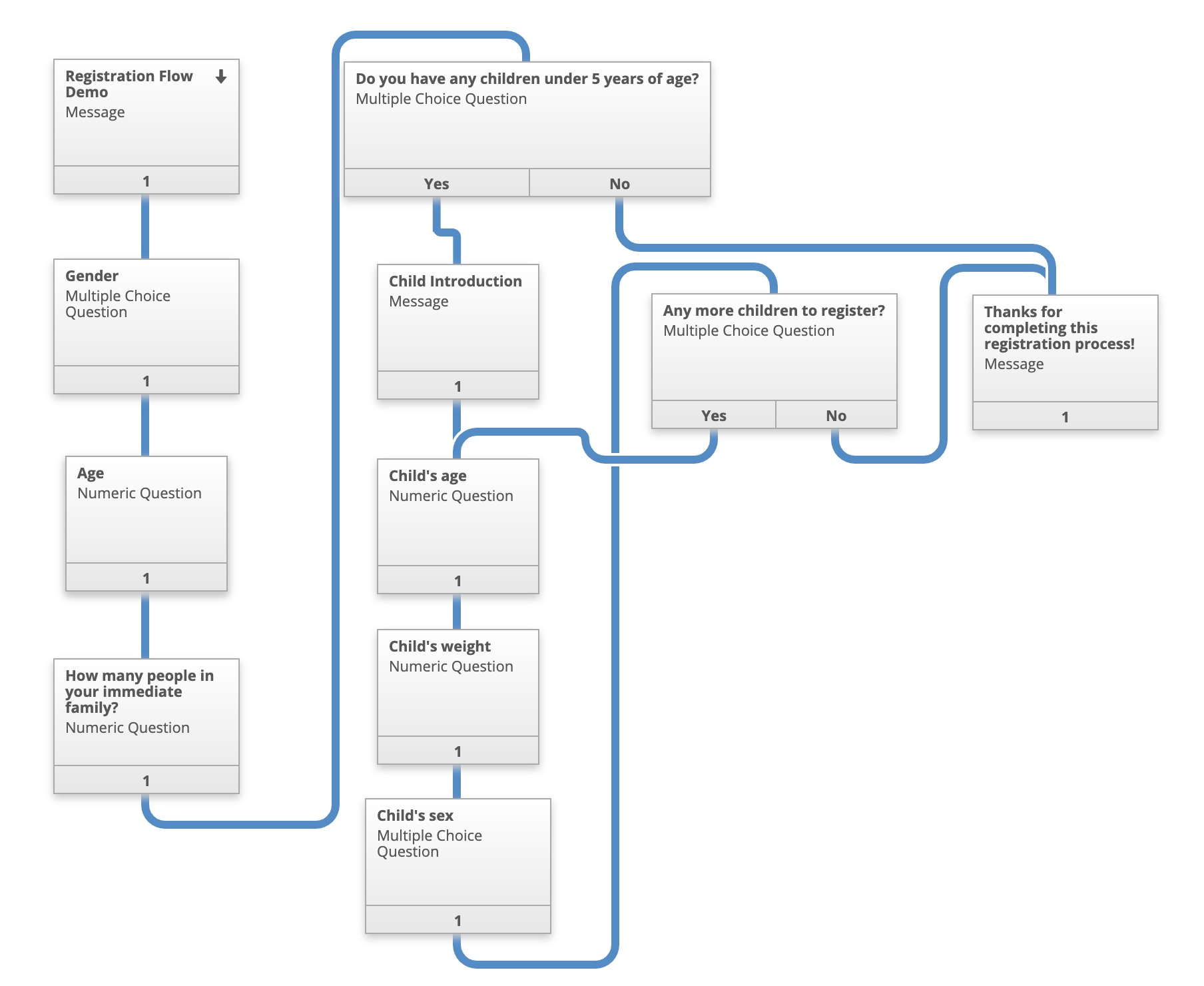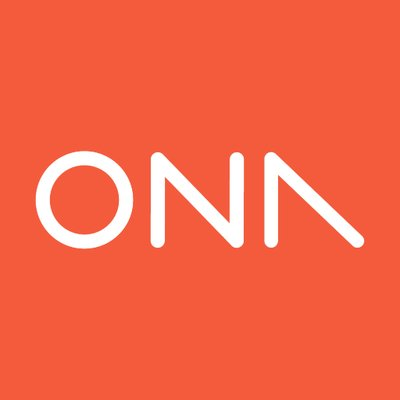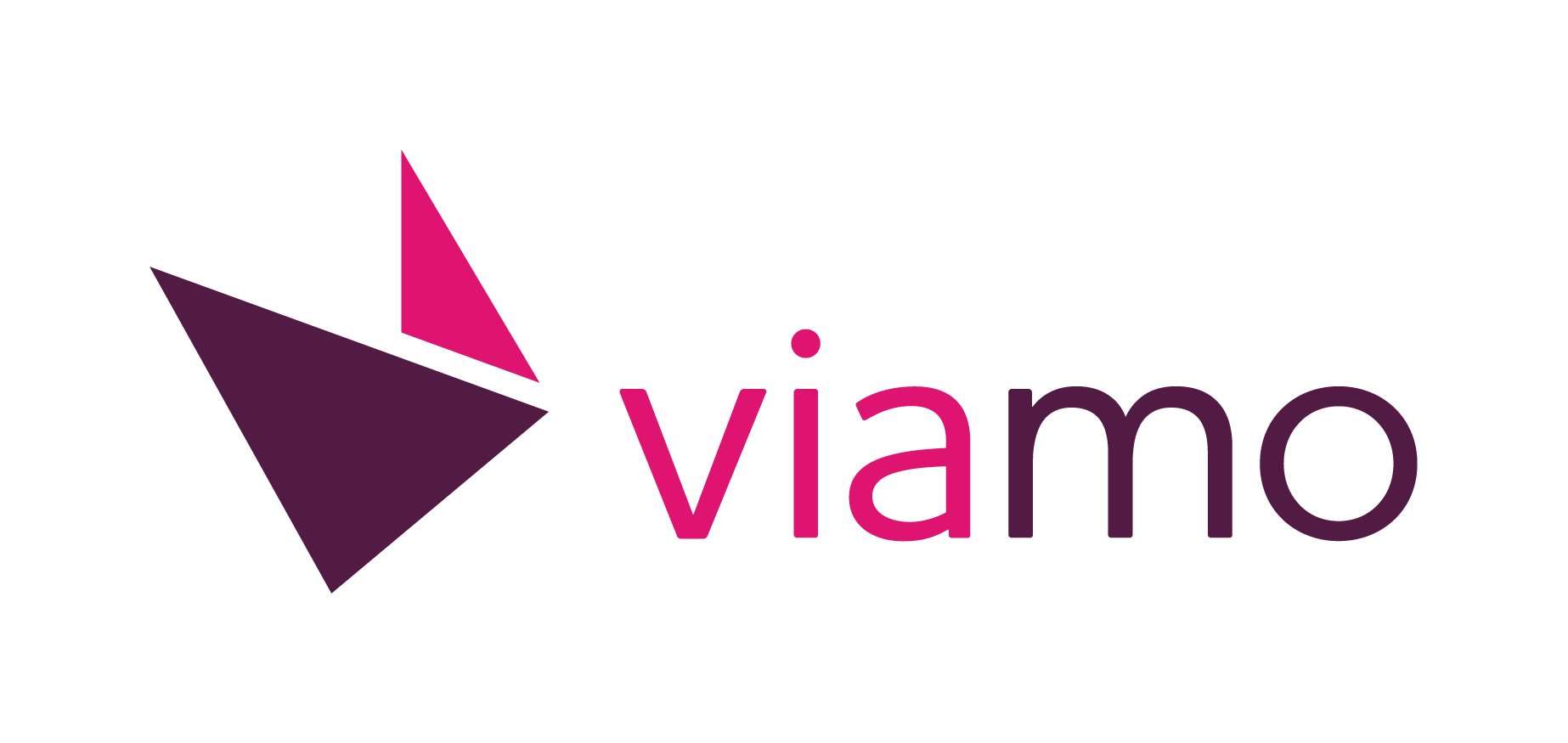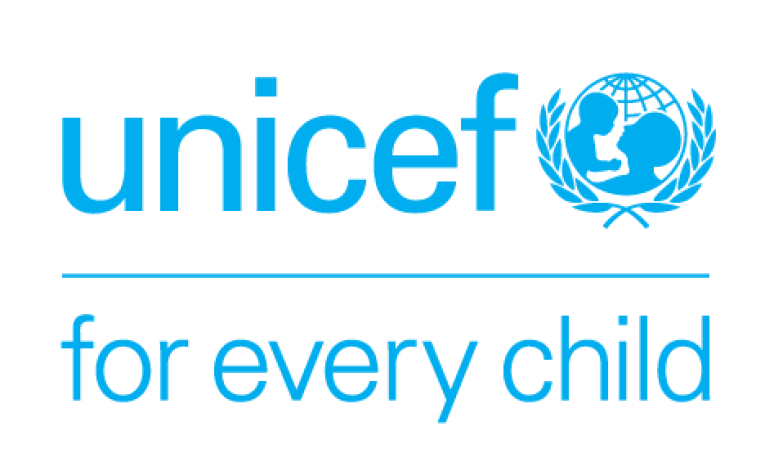Connecting systems and processes in ICT4D
The Flow Interoperability standards support international development and humanitarian organizations to share data and reuse content and telecom connections across countries, projects, organizations, and vendors.

Connect and share, quickly and securely
The Flow Interoperability project creates an open ecosystem of interoperable platforms, software vendors, communication networks, and data analysis tools that are pre-wired to accelerate data sharing and analysis, and to aid the rapid reuse of communication content and telecom networks.
These tools have been designed to support the paradigm of "Flows" (communication/engagement flowcharts) that are used by many modern communication platforms. However, they also flexibly handle established legacy data collection applications, such as XForms / Open Data Kit questionnaires. They are sector-agnostic and work in conjunction with, rather than as a replacement for, sector-specific data standards such as FHIR in digital health, SCORM in remote education, etc.
Why Flow Interoperability?
Mobile communication has become an essential part of projects large and small, responding to the need to serve distributed, remote populations.
Since the introduction of the first basic SMS-based services over 15 years ago, development partners are now using more mobile and digital channels than ever to inform, train, gather feedback, and transact with remote populations. Diverse channels support the needs of different audiences: IVR (interactive voice response), text message (SMS), USSD, and social messaging networks like Facebook Messenger and WhatsApp. Organizations are using diverse software, tools, vendors, and platforms to access these channels.
Development and humanitarian organizations are also collecting more digital data than ever before.
In emergencies and crises, non-profits and government ministries face an urgent imperative to collaborate, share data, and analyze data efficiently to guide decisions and coordinate responses. Organizations have moved beyond the challenge of "how to collect digital data", and are now tackling the challenge of how to connect, understand, and make sense of many data sources.
Flow Standards
Flow Results
The Flow Results standard helps organizations share data generated through the interactions of individuals with digital communication systems.
Going beyond raw data, Flow Results fully describes and shares the meaning of the data. The Flow Results API is designed for scale, supporting use-cases with millions of daily or monthly interactions. For ease of adoption, Flow Results extends existing industry standards with a large base of open-source libraries and supporting tools:
- Flow Results is a fully-compliant specialization of the Data Packages specification from the Frictionless Data initiative.
- The Flow Results API is structured according to JSON:API
Flow Content
The Flow Content standard supports the sharing of communication "Flows", including content and processing logic.
The standard supports common functionality that can be implemented by all Flow-based tools for authoring and running flows across diverse channels: voice calls, text channels, social networks with rich multimedia, and offline-first mobile apps. The standard also allows systems to add their own custom functionality on top of general, interoperable building blocks.
Used together, the Flow Standards enable an open ecosystem where organizations can:
- Author Flows on any vendor platform that their staff have experience with,
- Share those flow designs as "global goods" on a public repository,
- Download flows to run on any runtime platform available in the destination country
- Retrieve and analyze results, either back on the original platform, or in specialized data visualization tools
- Connect results from communication systems rapidly into sector-specific data management tools
Validate Flow Content
A software library to validate Flow Spec is available within the Flow Runner software repository. It uses the JSON Schema format, and is intended for embedding within systems to validate Flows. A simple embedding of the validator can be used below.Flow Content
Paste a Flow Container (in JSON Format) here:
The Flow Interoperability Project
Flow Interoperability was started in 2016 with initial funding from the US Agency For International Development (USAID), in response to learnings from the 2014/2015 Ebola Outbreak in West Africa. It is an industry collaboration that works to:
Standards
Supporting Ecosystem
Incubation
Find Software
Supporting Platforms
ICT4D vendors supporting the Flow Standards include those listed here.
Contact Us to let us know about support in your application.
Open source Software
Open-source software that can be used and embedded by software vendors to add support for Flow Interoperability:
Participate
Flow Interoperability is developed in the open and informed by ICT4D community needs. (For more information, read the Project Charter.) To participate and get involved:











